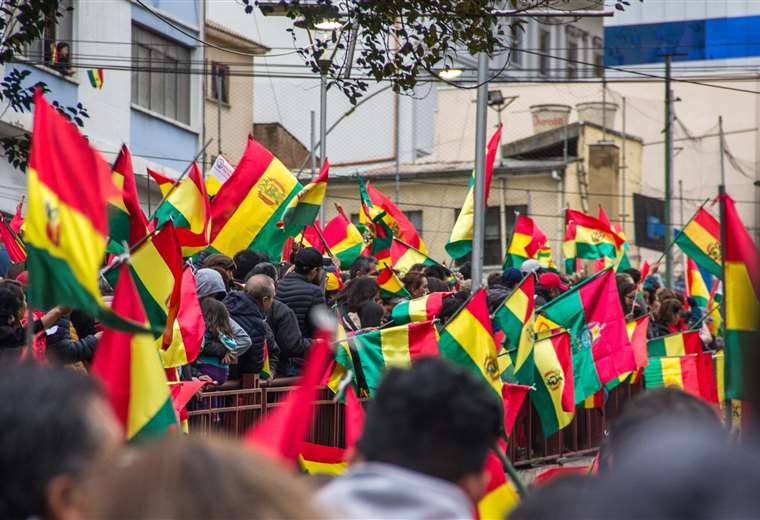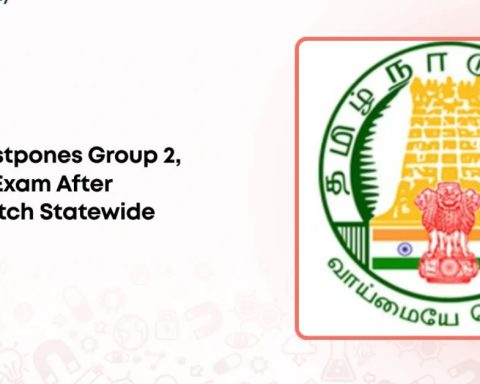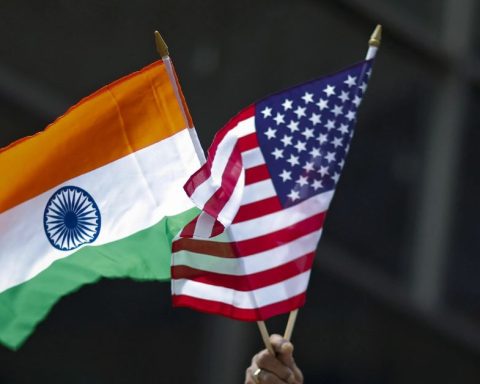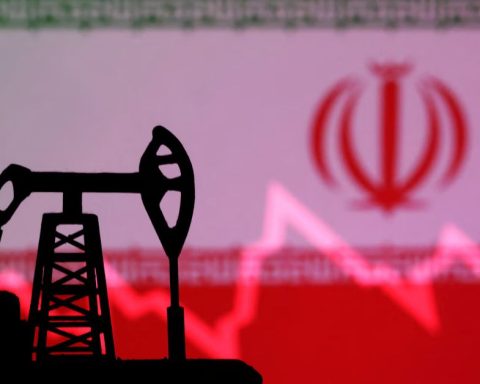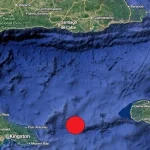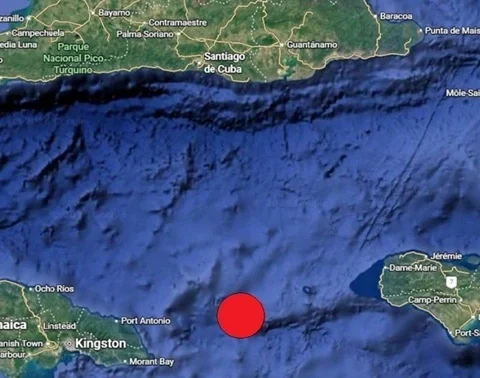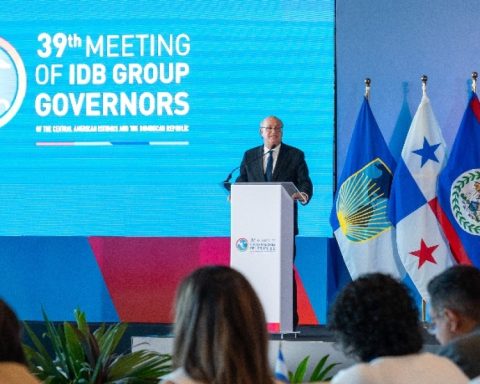August 19, 2022, 22:26 PM
August 19, 2022, 22:26 PM
The pronouncement of 36 citizen institutions linked to the defense of civil and environmental rights and support for democracy, shows their concern over various events that have occurred in the country in recent weeks. Specifically, they observe conspicuous reduction of the spaces of action of citizen organizations and the worsening of the human rights situation.
The manifesto reveals “a new escalation of events involving serious violations of human rights, further shrinking of civic space and a deterioration of guarantees and fundamental rights for the validity of a democratic order in Bolivia”.
On time, he questions the authorities for what they consider a increase in “risk conditions for journalists and human rights defenders” linked to various acts of violence experienced in recent days.
Among the signatory institutions is the National Council for the Defense of Democracy (Conade), the Permanent Assembly for Human Rights of Bolivia, the National Press Association and an important group of environmental movements.
The statement collects six concrete facts that exemplify the violations denounced.
1. Harassment and intimidation of a legislator who leads Popular Action for Madidi Park. The senator of the Citizen Community, Cecilia Requena, denounced “acts of harassment and intimidation by groups of cooperative miners”. The Assemblywoman has repeatedly been very active in denouncing the irregular mining exploitation in the aforementioned park and the consequent contamination of the waters that run through its landscapes.
2. Attacks and smear campaigns against journalists and independent media. “These actions against journalists are becoming more and more frequent,” says the document. It proposes three scenarios that exemplify the pressure on the media: the loss of prestige to the Santa Cruz media during the recent strikes, a similar attitude during the conflicts linked to Adepcoca and the economic suffocation of the newspaper Los Tiempos.
3. Attempt to subordinate the Permanent Assembly of Human Rights of Bolivia (Apdhb). For this they have resorted to administrative tricks such as the ignorance of its owner, Amparo Carvajal, before National Taxes. The position of the Government tends to openly favor the related official side.
4. Serious human rights violations during the Adepcoca conflict. From the Mission in Bolivia of the Office of the High Commissioner of the United Nations, concern has been expressed about the repression against the coca growers of the Yungas. The manifesto highlights “an evident excessive use of force by the Police, as well as an irregular use of unapproved weapons,” as part of the reported violations.
In this conflict, he was also alerted by the arbitrary arrests and the display of those held in a clear violation of the principle of innocence. To this is added that “the director of the Internal Regime, Marco Antonio Cuenta, has acted as an” infiltrator “among journalists,” highlights the statement.
5. Excessive use of force and action of violent groups of civilians during the mobilizations of Santa Cruz for the census. During the last 48-hour strike promoted by the Interinstitutional Committee, “the presence of irregular groups that acted generating violence in the context of protest measures” was detected. These groups they had the approval of the “governing party and the Mayor’s Office of Santa Cruz.”
The complaint implicates the Minister of Public Works, Édgar Montaño, who is accused of “leading one of these irregular groups that caused violence and confrontations.”
6. Finally they express their concern for “the participation of high authorities in actions of irregular shock groups, and infiltration of the military and police in civil organizations”. This situation is aggravated by the attitude assumed by the Public Ministry when “it ratifies and naturalizes the impunity of these facts” by rejecting the corresponding investigations.
The infiltrations they also involve police and military personnel who resort to these practices in order to “sow evidence to incriminate civilians and exercise political persecution”.
By way of conclusion, the signatory organizations they demand the Government “promote a national reconciliation” and they ask international entities that ensure compliance with human rights to “follow up on these complaints” and thus avoid “an authoritarian drift in the exercise of political power in Bolivia.”
